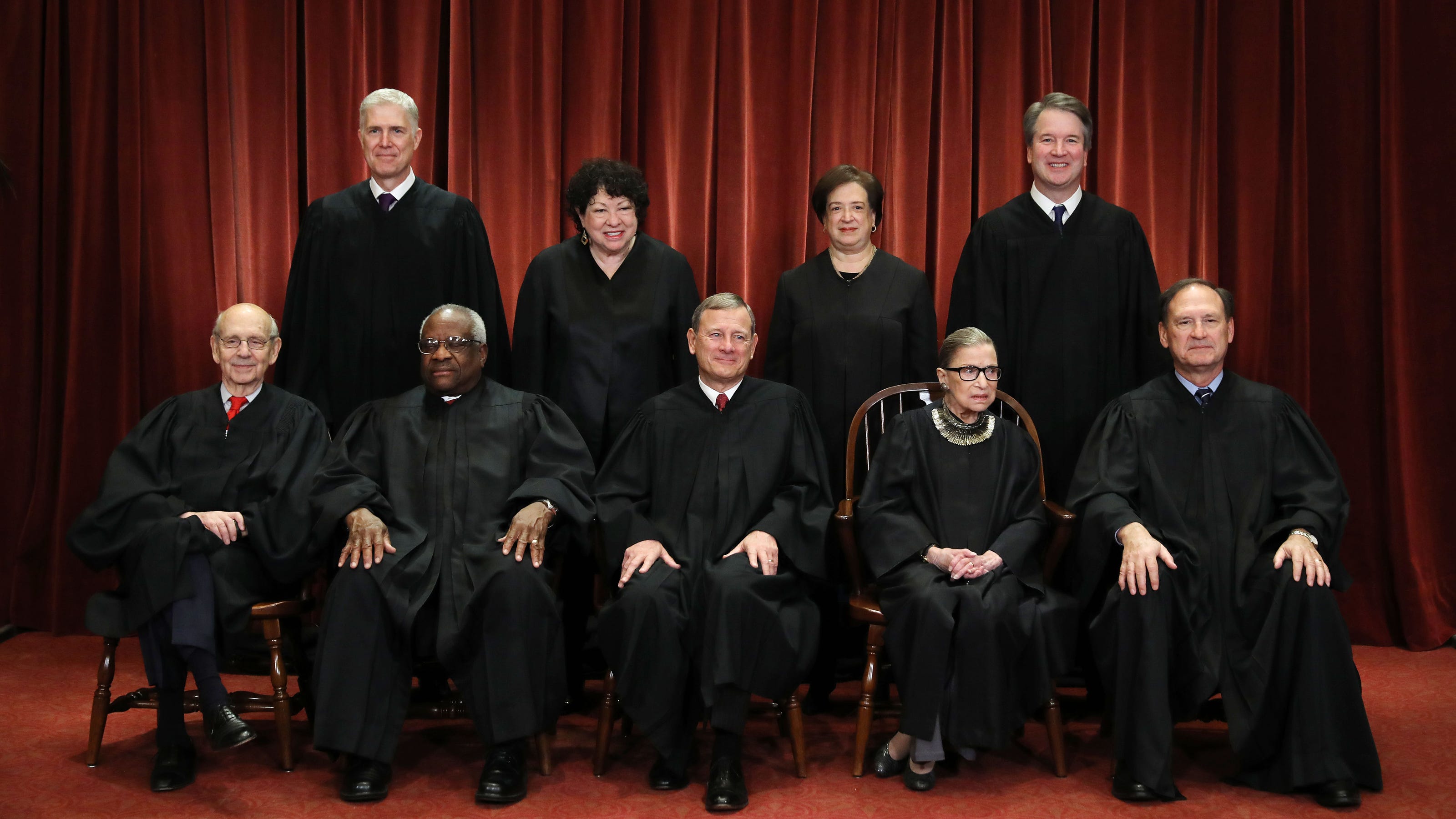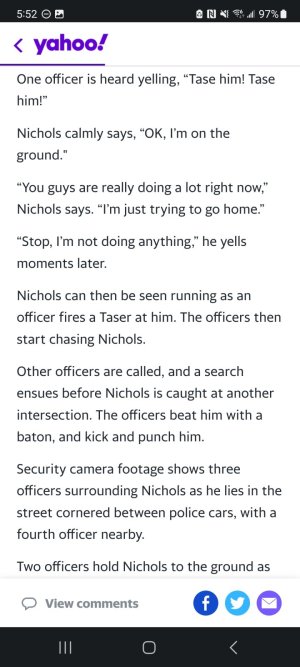When uniformed police showed up, the system immediately went into action to protect the officers with no concern for my rights. One police officer forced people to delete their videos of the incident. Others took me to the hospital, where I was handcuffed to my bed and my notes of what had happened were confiscated. Police and prosecutors charged me with felonies, put me in jail, then put me on trial all with the hope that I would settle and therefore not have the credibility to hold these officers individually accountable for their actions. A plea deal was offered on the first morning of trial, but I had done nothing wrong, so I didn’t accept it. A jury acquitted me on all charges.
This time government lawyers argued even if the officers violated my rights, they were entitled to something called “qualified immunity.” Qualified immunity is a non-constitutional rule the Supreme Court created in 1982 that says you can’t sue an officer who violates your rights unless an earlier court ruling found that the very same action by officers was unconstitutional. How on-point does the violation need to be? In one recent case, officers were granted qualified immunity when they let their police dog attack a man who surrendered by sitting with his hands up even though an earlier case found it was unconstitutional for officers to let their dog bite a man who surrendered by lying down. The fact that the suspect was sitting was enough of a difference from the court’s perspective to grant the officers qualified immunity.

This time government lawyers argued even if the officers violated my rights, they were entitled to something called “qualified immunity.” Qualified immunity is a non-constitutional rule the Supreme Court created in 1982 that says you can’t sue an officer who violates your rights unless an earlier court ruling found that the very same action by officers was unconstitutional. How on-point does the violation need to be? In one recent case, officers were granted qualified immunity when they let their police dog attack a man who surrendered by sitting with his hands up even though an earlier case found it was unconstitutional for officers to let their dog bite a man who surrendered by lying down. The fact that the suspect was sitting was enough of a difference from the court’s perspective to grant the officers qualified immunity.
I was beaten by the police for no reason. Now the Supreme Court should give me justice.
In 2016, I sued the officers, government lawyers argued even if the officers violated my rights, they were entitled to “qualified immunity.”
www.usatoday.com




































